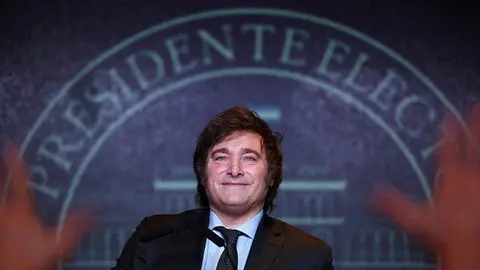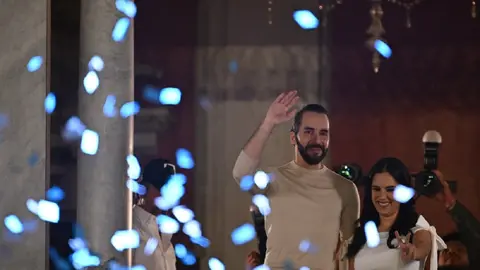A moribund chavismo that cannot lose power

He says this in reference to the chain of crude manipulations that the Castro-Chavista regime in Venezuela has been carrying out to prevent the alternation of power.
The opposition to the regime has seen how María Corina Machado has been obstructed and prevented by all means from appearing against a Nicolás Maduro, a contest on which reliable opinion polls say that the current president and consequently a regime considered by many analysts as a narco-dictatorship, which extends its tentacles throughout the Americas, Africa and Europe, would be crushed. Machado, even though she continues to advocate that she will not give up the political struggle for democracy to return to Venezuela, agreed to accept her disqualification and withdraw from the electoral line-up in favour of an octogenarian, Corina Yoris.
But the chavista regime did not like her either, which prevented her registration in such a crude manner that even the usual international defenders of chavismo, such as presidents Lula da Silva (Brazil) and Gustavo Petro (Colombia) and the former president of Uruguay, José Mujica, had no choice but to describe Maduro's dirty tricks as "anti-democratic".
This is a step backwards in the usual, staunch defence that Brasilia and Bogotá make of Chavism, but much less so than the adjectives used against the Caracas regime in various European and Latin American countries where the neo-communist ideology is being held in check. Criticisms that have been responded to by the current president of the Bolivarian National Assembly, Jorge Rodríguez, with the Versaillesque language that characterises them: "Stick your opinions where they fit".
The US Under-Secretary of State for Latin America, A. Nichols, also visited Madrid. In his speech at the Casa de América, he did not fail to express his "hope" that Venezuela will respect the Barbados Agreements.
According to these agreements, signed between the Chavista government and the democratic opposition, and backed by the United States and Brazil, Caracas undertook to facilitate a clean and democratic electoral process in exchange for the gradual lifting of international sanctions and the release of figures such as Alex Saab, the Colombian-Venezuelan businessman, who was imprisoned in a Florida jail for his role as an alleged front man for President Maduro.
Nichols said he would wait until mid-April for the US to make a decision on Venezuela, that is, to confirm what appears to be incontrovertible evidence that Caracas got what it wanted: to recover Saab, a potential prosecution witness because of how much he is presumed to know about the allegedly unconfessable inner workings of the regime, and to leave Maduro's electoral opposition to a candidate with every chance of unseating him.
It is at this juncture that Venezuelan Vice-President Delcy Rodríguez, who has risen to the skies of universal fame since landing at Barajas airport with forty suitcases of mysterious contents, has presented a draft "law against fascism", to be drafted by a High State Commission against Fascism and Neo-Fascism.
Very much in line with Russia's friend Vladimir Putin, the manoeuvre once again reeks of a new turn of the screw in a repression that never lets up. Under the pretext of punishing even more severely those who provoke "acts of violence", the new Chavista legislative mess seems to be giving a final warning to those who still have the heroism to resist them, and to make it clear that the regime will not relinquish power under any circumstances.
Maduro himself and those close to him have put forward alleged attempts to assassinate him by the opposition, allegedly involving members of the armed forces. The accusations, which have never been reliably proven, have served both to toughen repression and to heighten fear among a population whose main daily concern is to wage a grim struggle to escape the hunger that plagues a country whose subsoil is an emporium of natural wealth. And, above all, to purge the Bolivarian National Armed Forces (FANB), in which 33 members of the military have been demoted, imprisoned and expelled, all of them accused of "conspiracy to commit assassination".
Democratic governments probably need more evidence to be convinced that regimes that subjugate their peoples, such as Venezuela itself, Nicaragua and of course Cuba, will never give up power by hook or by crook. Or perhaps they are already convinced, but also that geopolitical and economic interests make appeasement and appeasement advisable. And then, later on, if necessary, they will once again invoke the great values of freedom and democracy.



